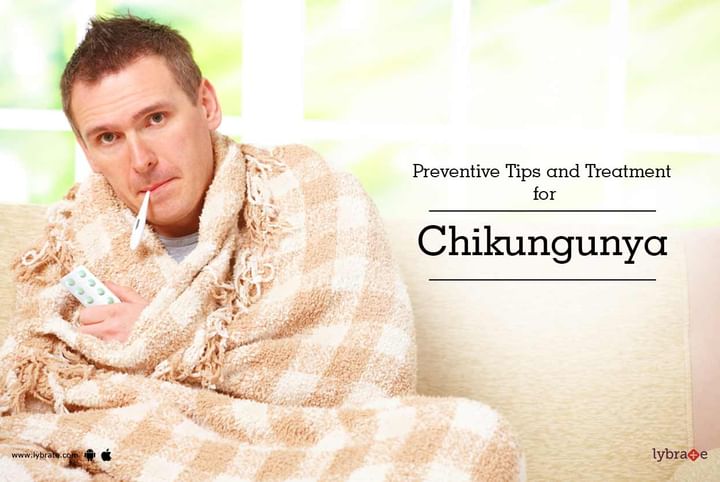Preventive Tips and Treatment for Chikungunya
Chikungunya is a viral disease transmitted to people by the bite of an infectious mosquito known as Aedes Aegypti. The chikungunya infection is most prevalent in Africa, Southeast Asia, the Indian subcontinent and Indian Ocean islands, where various incidents of these disease and certain outbreaks have occurred over the years.
Humans and different animals are the regular hosts for the chikungunya virus, which can turn out to be very painful if it is not treated on time with proper medical care and intervention. The virus is spread to people by the bite of a female mosquito called Aedes aegypti or Aedes Albopictus. These are the same tropical and sub-tropical mosquitoes that spread the dengue virus. They breed in or close to human habitations and want to feed on people during the daytime in shady zones. These are likely to bite you at during the early hours of the evening or at night. The hatching time frame (time from disease to sickness) can be anywhere between two to 12 days.
Symptoms: Chikungunya infection is characterised by the following symptoms:
- High or blazing fever
- Extreme joint pain for the most part in the arms and legs
- Headache
- Pain in the muscle
- Pain in the back
- Body ache
- Rash (in about 50% of the infected people)
A vast majority begins to feel better following 7 to 10 days but a few people will go through longer term joint pain.
Treatment:
- There is no particular medicine to prevent chikungunya. There is no antibiotic that can help in doing away with it - it usually abates on its own. Chikungunya treated on the basis of a patient's symptoms. However, there are some precautions and alternate medications that can be used as a cure.
- Bed rest, liquids, and medication to soothe side effects of fever and hurting. Asprin should be avoided.
- Personal protection and a hygienic environment is important to prevent the growth of the illness.
Since this virus does not have a vaccine or any particular medicine, one should try to stay away from mosquitos as much as possible. Covering yourself up while travelling, especially in the evening is the best approach to prevent it.



+1.svg)
